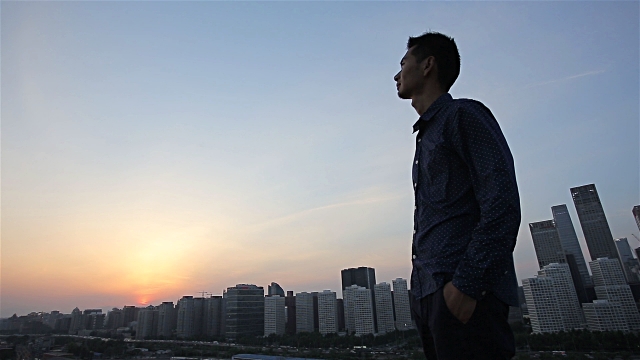Master Jingzong; English translation by Foyuan, edited by Jingxing
A proverb says, “[In a chess game], bystanders see the game better than the players.”
The famous poet Su Shi also had this to say, “One cannot see the true shape of Mount Lu because one is in the mountain.”
The [chess] player cannot see clearly his situation because of self-interest, improper motives or a fixed perspective. The casual observer, however, can see and understand the whole situation because he is not caught up in the drama; he sees things fairly, objectively and clearly.
Why can’t we humans know ourselves? The subjective individual can only perceive the world from within his own experience, so he never sees himself plainly. Yet he can see the truth of another’s situation because he is then a bystander. This physical reality underscores the truth of the proverb: [In a chess game], bystanders see the game better than the players. Here, the player is “I”— what the Buddha calls “ego.” Only when we have removed the ego and realized “self-lessness” can we wake from the dream of delusion and attain enlightenment.
We are clear and logical when talking about others because we are bystanders. But we are confused and misguided when talking about ourselves because we are deeply involved in our own lives.
We feel happy or sad when we dream since we are the subjects of a nighttime fiction. But when we awaken, we will not feel such emotions as we will have become bystanders.
Be a bystander if you want to be perceptive. In order to be a bystander in this world, entrust yourself to Amitabha Buddha and focus your mind on the Pure Land. It is just like the astronaut who can only see the full view of Planet Earth from outer space.

